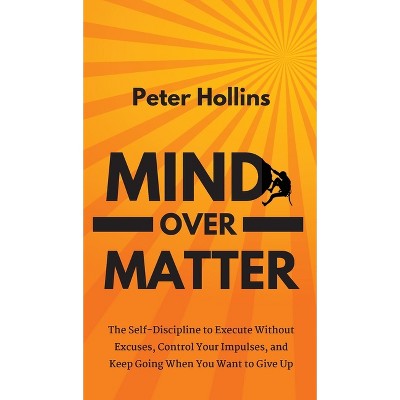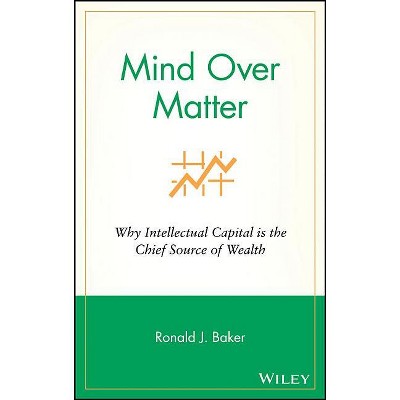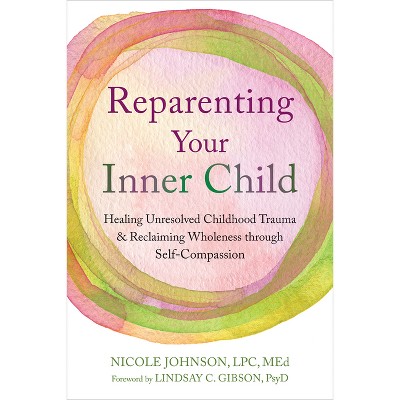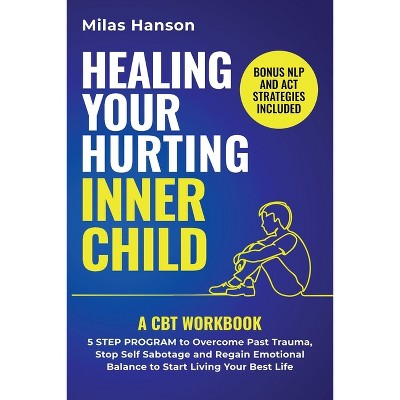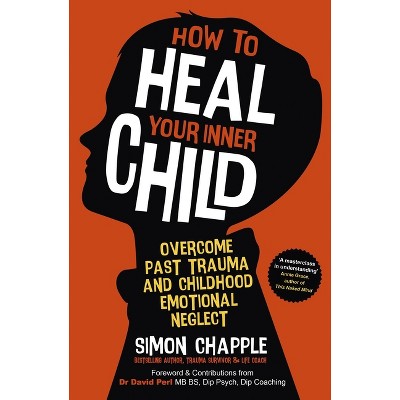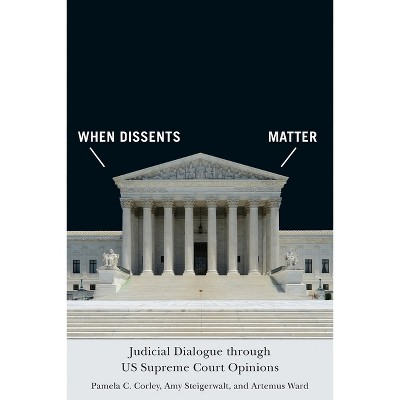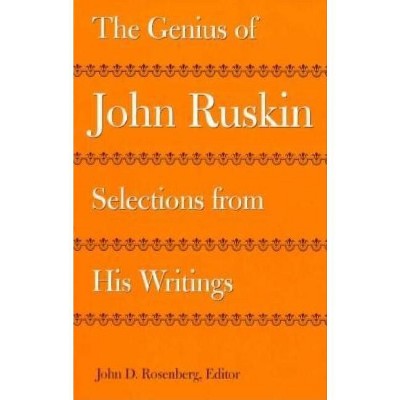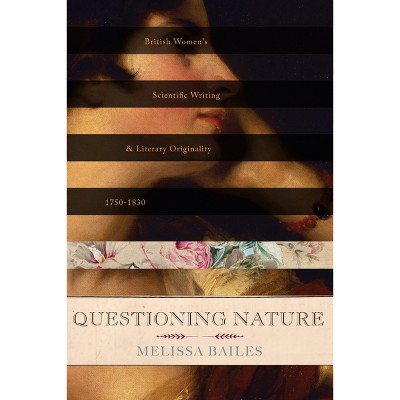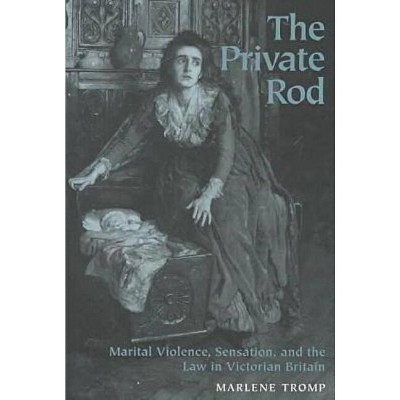About this item
Highlights
- How do we understand memory in the early novel?
- About the Author: Sarah Eron is Associate Professor of English at the University of Rhode Island and author of Inspiration in the Age of Enlightenment.
- 284 Pages
- Literary Criticism, European
Description
About the Book
"Mind over Matter offers a new history of the early, eighteenth-century, novel in relation to empiricism's central claim about memory. Eron considers how memory's creative force empowers both characters and readers-how that force alters, reconstitutes, and even overcomes the conditions of our physical environment. Works discussed include those by Daniel Defoe, Frances Burney, Laurence Sterne, and Jane Austen"--Book Synopsis
How do we understand memory in the early novel? Departing from traditional empiricist conceptualizations of remembering, Mind over Matter uncovers a social model of memory in Enlightenment fiction that is fluid and evolving--one that has the capacity to alter personal histories. Memories are not merely imprints of first-hand experience stored in the mind, but composite stories transacted through dialogue and reading.
Through new readings of works by Daniel Defoe, Frances Burney, Laurence Sterne, Jane Austen, and others, Sarah Eron tracks the fictional qualities of memory as a force that, much like the Romantic imagination, transposes time and alters forms. From Crusoe's island and Toby's bowling green to Evelina's garden and Fanny's east room, memory can alter, reconstitute, and even overcome the conditions of the physical environment. Memory shapes the process and outcome of the novel's imaginative world-making, drafting new realities to better endure trauma and crises. Bringing together philosophy of mind, formalism, and narrative theory, Eron highlights how eighteenth-century novelists explored remembering as a creative and curative force for literary characters and readers alike. If memory is where we fictionalize reality, fiction--and especially the novel--is where the truths of memory can be found.
Review Quotes
Presents a fascinating reconsideration of eighteenth-century memory that invites a significant recalibration of how we understand the relationship not only between mind and matter in the period but also between the Enlightenment and Romanticism.-- "Eighteenth-Century Studies"
A beautiful meditation on the curative potentials of memory. In innovative and virtuoso close readings of eighteenth- and early nineteenth-century English novels, Eron highlights memory's kinship with the imagination.
--Amit Yahav, University of MinnesotaAn innovative and provocative addition to the growing list of eighteenth- century literary analyses that focus on human cognitive processes. In this original book, Sarah Eron proposes a nuanced, complex understanding of memory that departs from the traditional Enlightenment, empiricist conception of memory as a mimetic imprint of sensory experience.
-- "Eighteenth-Century Fiction"Sarah Eron's Mind Over Matter is not just an original and often brilliant consideration of the memory and imagination in the fictions of the long eighteenth century. It is a vital example of what literary criticism can contribute to a broader understanding of cognition and mental life, namely, close attention to the forms and creative force of memory in action. Mind Over Matter should be on the desk of everyone interested in a genuinely interdisciplinary humanities.
--Jonathan Kramnick, Yale UniversityAbout the Author
Sarah Eron is Associate Professor of English at the University of Rhode Island and author of Inspiration in the Age of Enlightenment.

